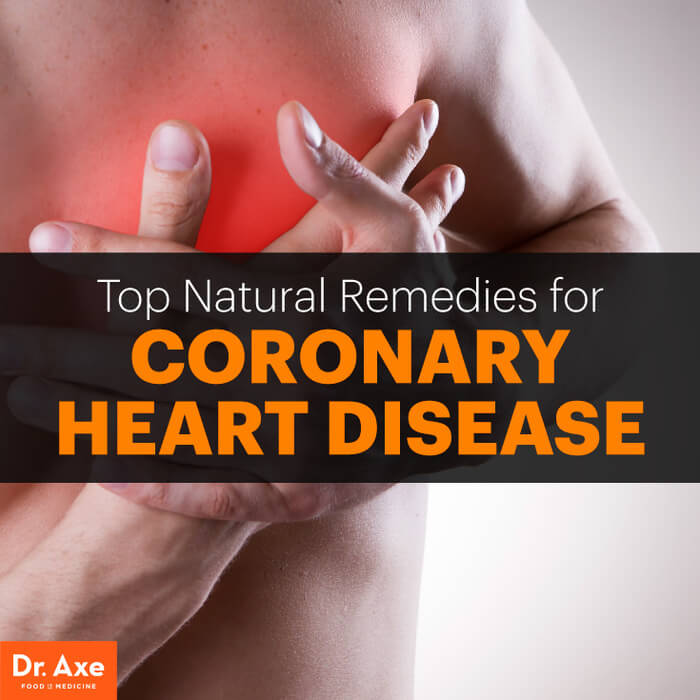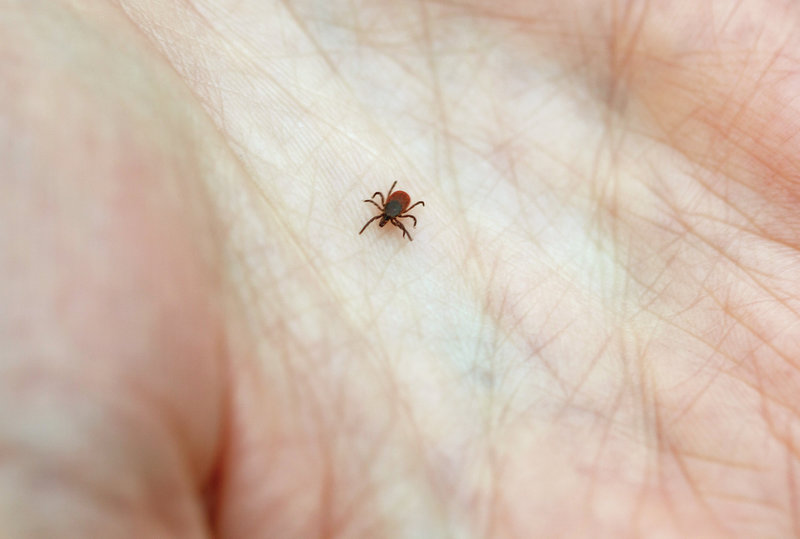18 Home Remedies for Heart Disease
The heart is an amazing structure, tough yet fragile.
A muscle, its network of arteries and veins transport blood through your body, nourishing organs and tissues. When the heart is working as it should, you barely notice it. But when your heart starts acting strangely, you have cause to worry. Thankfully, you live in a day when heart disease can be treated very successfully, and in some cases, the condition can even be reversed. Several home remedies can assist in keeping your heart healthy.
Heart Trouble
Heart disease is any condition that keeps your heart from functioning at its best or causes a deterioration of the heart’s arteries and vessels. Coronary heart disease (CHD), also known as coronary artery disease, is the most common form of heart disease, affecting 12.6 million people in America. If you are diagnosed with CHD, it means you have atherosclerosis, or hardening of the arteries on the heart’s surface. Arteries become hard when plaque accumulates on artery walls. This plaque develops gradually as an overabundance of low-density lipoprotein (LDL) cholesterol (the bad stuff) makes itself at home in your arteries. The plaque builds and narrows the artery walls, making it more and more difficult for blood to pass through the heart and increasing the opportunity for a blood clot to form. If the heart doesn’t get enough blood, it can cause chest pain (angina) or a heart attack.
Not treating coronary heart disease can also lead to congestive heart failure (CHF). CHF happens when your heart isn’t strong enough to pump blood throughout the body — it fails to meet the body’s need for oxygen. This often causes congestion in the lungs and a variety of other problems for your heart and the rest of your body.
Honing In on Heart Disease
There are many risk factors for heart disease, some you can do something about, and some you can’t. A family history of heart disease puts you at much greater risk for developing it yourself. While you can’t do anything about your genes, there are a number of risk factors that you can control. These are the ones you can do something about:
- High levels of low-density lipoprotein (LDL) cholesterol (the bad stuff), and low levels of high-density lipoprotein (the good stuff).
- High levels of triglycerides. Triglyceride levels increase when you eat too many fatty foods or when you eat too much — excess calories are made into triglycerides and stored as fat in cells. Having an abundance of triglycerides has been linked to coronary heart disease.
- High blood pressure
- Smoking
- Lack of regular exercise
- A high fat diet
- Being overweight or obese
- Diabetes
- Ongoing stress or depression
How to Know If You Have Heart Disease
About 25 to 30 percent of people who have heart disease don’t even know it until something serious happens. That’s why it’s a good idea to see your doctor for a regular checkup and to have your cholesterol and triglyceride levels and your blood pressure checked and monitored. If you have any of these symptoms, schedule a checkup as soon as you can.
- Chest pain (angina). If you feel like you have an elephant sitting on your chest after climbing the stairs, your body could be giving you a warning signal.
- Nausea or stomach upset. This could be more than the guacamole you ate at dinner, especially if you have recurrent bouts of tummy trouble.
- Even when you haven’t been exercising.
- Feeling weak or tired.
Heart disease is a serious medical condition, and requires medical attention. Even so, there are natural home remedies that will improve your health in conjunction with proper medical care. Go to the next page to read about foods that make a difference for patients with heart disease.
Home Remedy Treatments for Heart Disease
Healing the heart is not only possible, but also within your reach. Here are some home remedies you’ll find in your very own kitchen.
Home Remedies from the Cupboard
Bran. Bran cereal is a high-fiber food that will help keep your cholesterol levels in check. Other high fiber foods in your cupboard include barley, oats, whole grains such as brown rice and lentils, and beans, such as kidney beans and black beans.
Olive oil. The American Heart Association and the American Dietetic Association recommend getting most of your fat from monounsaturated sources. Olive oil is a prime candidate. Try using it instead of other vegetable oils when sautéing your veggies.
Peanut butter. Eat 2 tablespoons of this comforting food and you can get 1/3 of your daily intake of vitamin E. Because vitamin E is a fat-soluble vitamin (other antioxidant vitamins are water soluble), it is found more abundantly in fattier foods like vegetable oils and nuts. If you’re watching your weight, don’t go overboard on the peanut butter.
Pecans. These tasty nuts are full of magnesium, another heart-friendly nutrient. One ounce of pecans drizzled over a spinach salad can give you 1/3 of your recommended daily allowance of this vital mineral.
Whole-wheat bread. Slather some peanut butter on a slice of whole-wheat bread and you’ve got a snack that’s good to your heart. One slice of whole-wheat bread has 11 mcg of selenium, an antioxidant mineral that works with vitamin E to protect your heart.
Wine. Research is finding that drinking a glass of alcohol a day may help in the battle against heart disease. Health experts are quick to note that alcohol in moderate amounts is helpful. They define moderate as one glass a day for women and two glasses of alcohol a day for men. What’s in one drink? Twelve ounces of beer, five ounces of wine, or 1.5 ounces of whiskey.
Home Remedies from the Refrigerator
Broccoli. Calcium is another heart-healthy nutrient, and milk isn’t the only calcium-rich food. In fact, there are lots of nondairy foods that are rich in calcium, such as kale, salmon, figs, pinto beans, and okra. One cup of broccoli can supply you with 90 mg of calcium.
Chicken. Three ounces of chicken will give you 1/3 of your daily requirement for vitamin B6, a necessary nutrient for maintaining heart health.
Salmon. Adding fatty fish to your diet is a good idea if you’re at risk for heart disease. Three ounces of salmon meets your daily requirement for vitamin B12, a vitamin that helps keep your heart healthy, and it’s a good source of omega-3 fatty acids, which have been proven to lower triglycerides and reduce blood clots that could potentially block arteries in the heart.
Spinach. Make yourself a salad using spinach instead of the usual iceberg lettuce and get a good start on meeting your folic acid needs (1/2 cup has 130 mcg of folic acid). Along with the other B vitamins, B6 and B12, folic acid can help prevent heart disease.
Strawberries. Oranges aren’t the only fruit loaded with vitamin C. You can fill up on 45 milligrams of the heart healthy vitamin with 1/2 cup of summer’s sweet berry. Vitamin C is an antioxidant vital to maintaining a happy heart. Strawberries are also a good source of fiber and potassium, both important to heart health.
Sweet potatoes. With double your daily requirements for vitamin A, a heart-protecting nutrient, sweet potatoes are a smart choice for fending off heart disease.
Home Remedies from the Spice Rack
Garlic. Chock full of antioxidants, garlic seems to be able to lessen plaque buildup, reduce the incidence of chest pain, and keep the heart generally healthy. It is also a mild anticoagulant, helping to thin the blood. The advantages may take some time: One study found that it took a couple of years of eating garlic daily to get its heart-healthy benefits.
Home Remedies from the Supplement Shelf
Coenzyme Q-10. This nutrient, found in fatty fish, has a bit of an identity crisis. It’s not classified as a vitamin or a mineral. But studies have found that it is a necessary nutrient for heart health. It seems co-enzyme Q-10 re-energizes heart cells, especially in people who have already been diagnosed with heart failure. It blocks the process that creates plaque buildup in the arteries and helps lower blood pressure. Coenzyme Q-10 has been used to treat congestive heart failure in Japan for decades. Talk to your doctor before trying the supplement. If you get the go-ahead, buy supplements from Japanese manufacturers.
More Do’s and Don’ts
- Don’t be a smoke stack. People who smoke are twice as likely to have a heart attack.
- Get moving. Your heart is a muscle, and if you don’t exercise it, it will get weaker and be less able to rebound from heart troubles.
- Watch your weight. The American Heart Association (AHA) says that if you’re overweight, losing as little as 10 to 20 pounds can work wonders on your heart.
- Eat healthy. The AHA suggests getting less than 30 percent of your calories from fat, and less than 10 percent of that fat should be the saturated kind. You should get no more than 300 mg of cholesterol a day.
Source: health.howstuffworks.com
“18 Home Remedies for Heart Disease”


